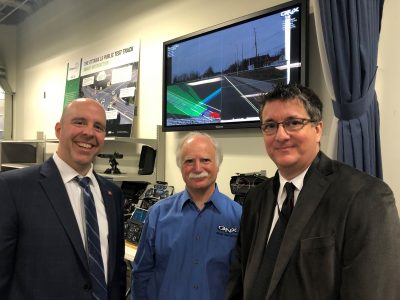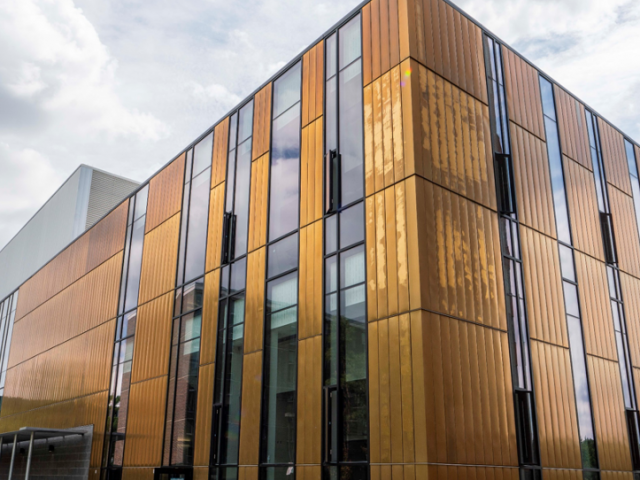Partnership
BlackBerry QNX and Carleton university have extended a long-lasting relationship through a multi-million USD, 5-year strategic research partnership agreement to advance the next generation of software engineers. The partnership looks to provide Carleton engineers and researchers with industry-leading BlackBerry QNX software, technology and guidance to support advancements within automotive, robotics, transportation, Internet of things (IoT), aerospace and medical devices.
The partnership enhances research collaboration between Carleton and industry-leader Blackberry QNX, with a focus on software engineering and technology development, in particular, embedded operating systems. The lab is to be housed in the ARISE building. The lab will enable researchers to use BlackBerry QNX technology in a wide range of applications within the automotive sector, medical devices, robotics and automation.
“We are proud to strategically and holistically partner with BlackBerry QNX, building on our past research collaborations in connected and autonomous vehicles, biomedical engineering and robotics. We look forward to working with the QNX team to advance future developments of the high-tech industry in our city and around the world.”
Benoit-Antoine Bacon, President, Carleton University.
BlackBerry QNX and Carleton University Join Forces in $21 Million USD Partnership to Train Next Generation of Software Engineers

Shared Goals
- Recruit and develop the next generation of software engineers.
- Connect students with industry professionals.
- Establish a state-of-the-art embedded operating system software research lab.
- Enrich Course offerings and projects in embedded software systems.

Impact
Providing hands on experience with industry standard operating systems is essential in training the next generation of software engineers. Not only will Carleton students be familiar with next generation technology used and developed by BlackBerry QNX- they will contribute to the discovery of new applications of this technology through collaborative projects with QNX experts.
The company will provide BlackBerry QNX software development licenses annually to students throughout Carleton’s School of Computer Science and Faculty of Engineering and Design, along with training and product support- enriching Carleton’s course offerings and projects in embedded systems. Additionally, senior representatives from BlackBerry QNX’s sales, product, R&D and leadership teams will collaborate with faculty, undergraduate and graduate co-op students to advance research projects, providing real world experience on transitioning technologies more efficiently to market.
Student outreach is a top priority and partnership with BlackBerry QNX solidifies Carleton as a leader in software research and innovation- educating our future workforces through experiential learning with real-life application and industry experience.
BlackBerry QNX

President of Carleton University Benoit Antoine Bacon, QNX Co-Founder Gordon Bell and Grant Courville, Vice-President, Products and Strategy, Blackberry Technology Solutions
With our new partnership, we’ve created a unique experiential learning environment that is designed to do just that, providing students with the foundational tools and technologies that will enable them to solve real industry problems upon graduation. My team and I are very much looking forward to working more closely with the university in the months and years ahead to help students build the safe and secure autonomous systems of tomorrow.
John Wall, SVP and co-head, BlackBerry Technology Solutions.
Autonomous Vehicles On the Move

“The research we do here at Carleton on fully autonomous vehicles will lead to the introduction of more efficient, active safety features that will improve road safety,”.
Rafik Goubran, vice-president (Research and International).
 ARISE Building
ARISE Building
The Advanced Research and Innovation in Smart Environments (ARISE) houses the embedded operating system software research lab, powered by BlackBerry QNX technology.
